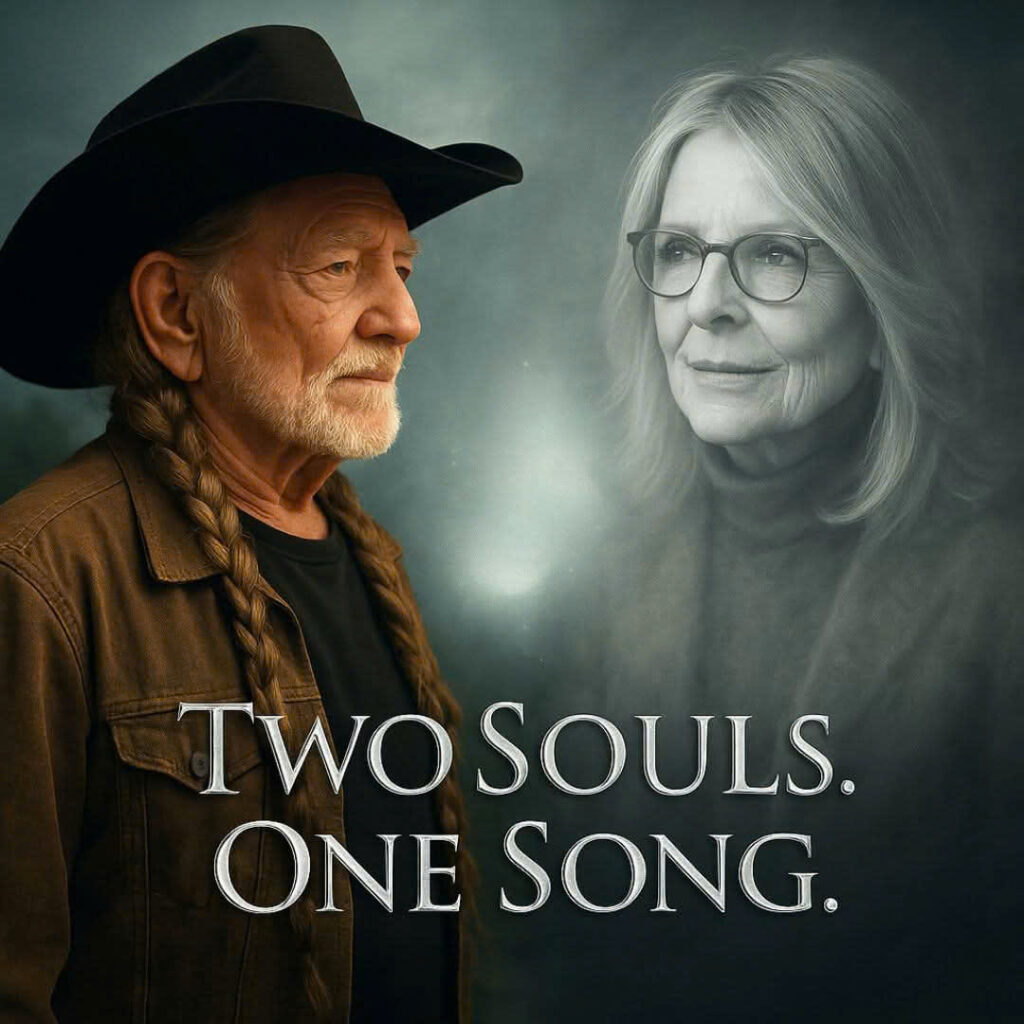
The gentlest confession of a man’s shortcomings in love—sung with that unmistakable, rustic country voice.
In the spring of 1982, a not-so-new song became a global cultural phenomenon—not from a young pop or rock star, but from the legendary “Outlaw Country” icon, Willie Nelson. Released in March 1982, Nelson’s cover of “Always on My Mind”, from the album of the same name, quickly soared to No. 1 on the Billboard Hot Country Singles chart and impressively reached No. 5 on the Billboard Hot 100, proving its universal appeal. The single became the best-selling country record of 1982, earning three Grammy Awards—Song of the Year, Best Country Song, and Best Male Country Vocal Performance. This triumph not only solidified Nelson’s place as a musical legend but also gave the world a confession many men have longed to make.
The story behind “Always on My Mind” is far more complex than a typical love ballad. Written by Wayne Carson, Johnny Christopher, and Mark James (who also penned Elvis Presley’s “Suspicious Minds”), the song had already been recorded by Brenda Lee and Elvis Presley in the early 1970s. Yet Willie Nelson’s version carried a depth and sincerity that completely rebirthed the song.
While recording in Nashville with producer Chips Moman, Moman suggested Nelson listen to the tune. Both Nelson and Merle Haggard, who was in the studio at the time, were surprised they’d never heard it—despite Elvis’s earlier hit version. Instantly, Nelson knew the song was meant for him. After recording it, Moman recalled Nelson listening to the finished take and simply saying, “We’ve got a hit.”
For older audiences, the song carries profound emotional weight. It’s not merely an apology—it’s an admission:
“Maybe I didn’t treat you quite as good as I should have,
Maybe I didn’t love you quite as often as I could have…”
It’s the confession of a man who realizes that in the busyness of life, through the long roads of career and personal flaws, he has overlooked the small things that matter most. The song touches that quiet regret many men carry—for the words left unsaid, the gestures never made.
Willie Nelson’s trembling, weathered voice doesn’t strive for perfection; it is the voice of experience—of a man who has erred, yet redeems himself through honesty. And in that rough, unpolished truth lies its timeless beauty: a humble assurance that despite all shortcomings, his beloved was “always on my mind.”
Through its imperfection and heartfelt remorse, Nelson’s rendition became an enduring testament to the power of love, forgiveness, and the grace of growing old together.